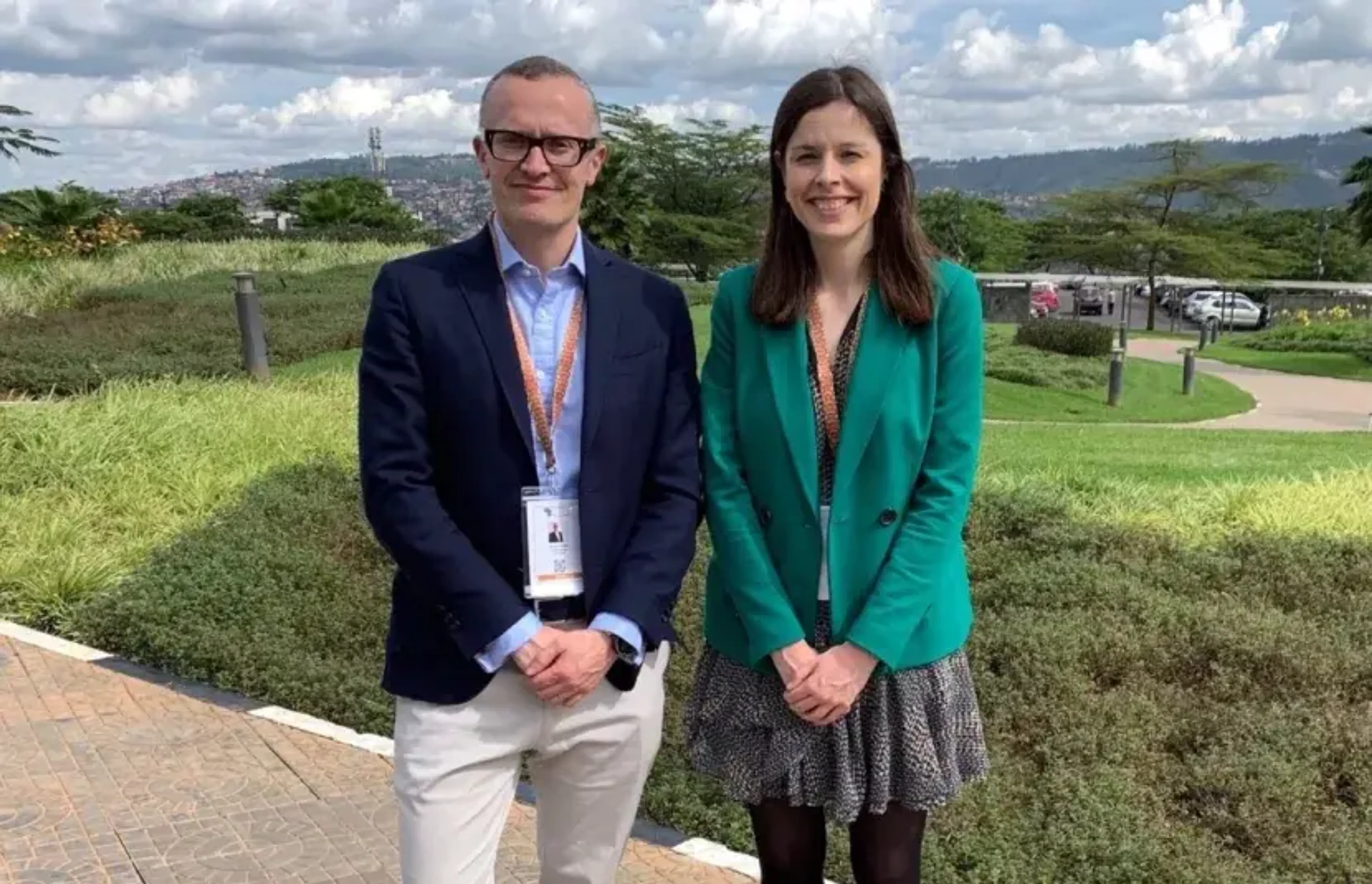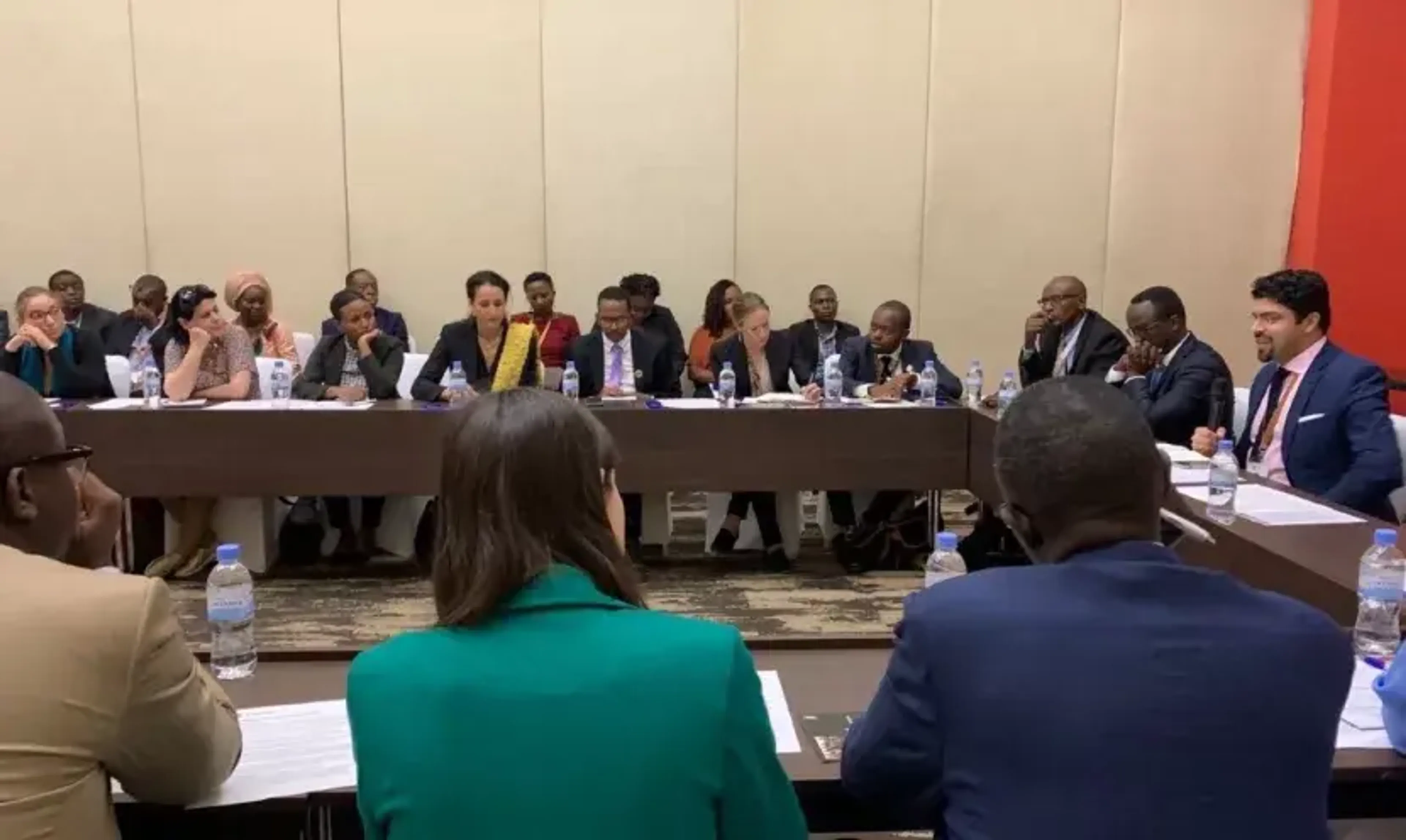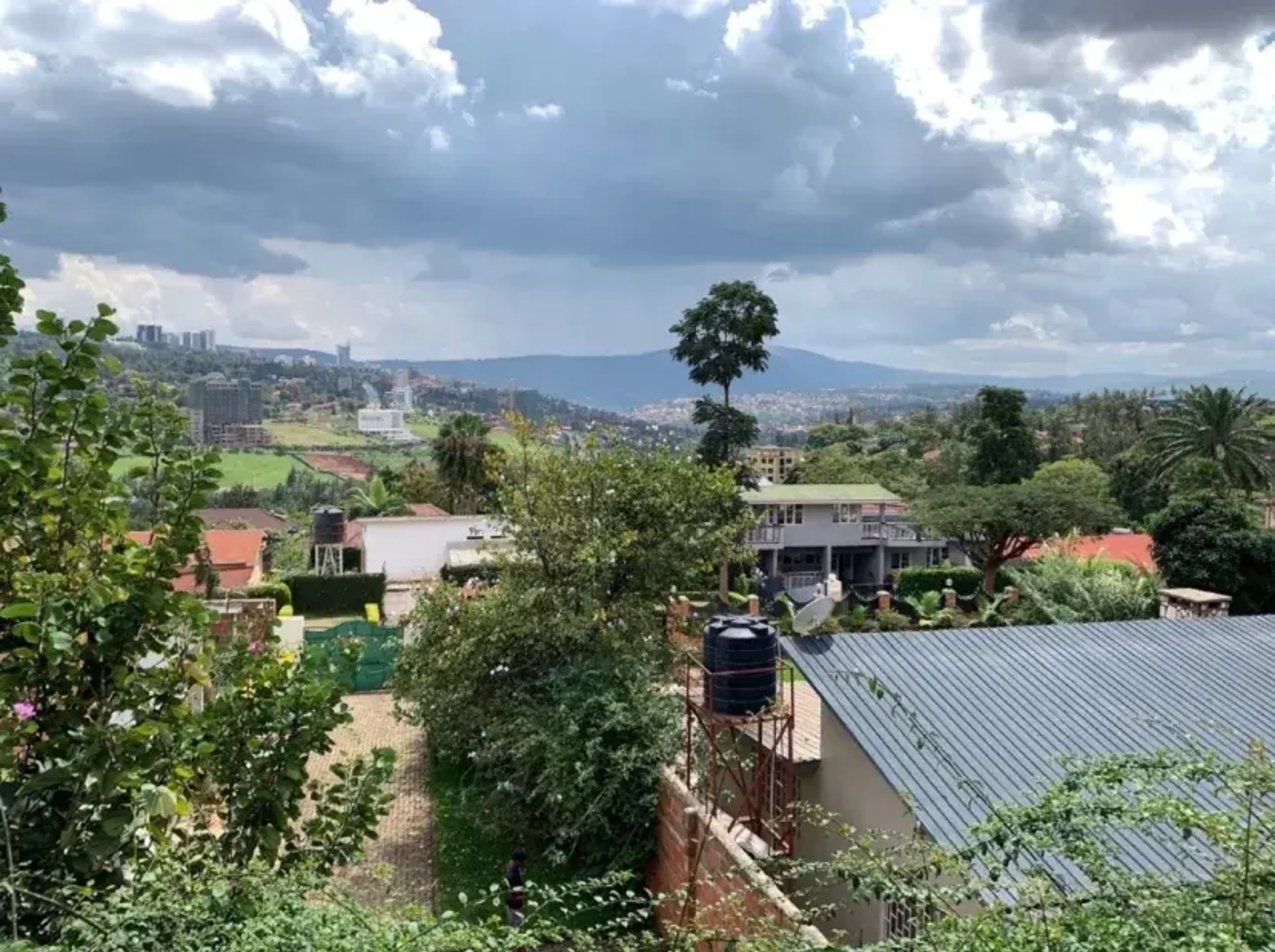
Emily Middleton
Partner

Ben and I recently got back from the Transform Africa Summit, this year hosted in Kigali, the capital of Rwanda.
We were there to learn and to listen.
We heard from digital ministers, leaders and practitioners from Rwanda, Ghana, Senegal, Kenya, Ethiopia, Nigeria and a range of regional and global organisations.

Among everyone we spoke with, there was an intense, shared sense of urgency. The challenges speakers cited are huge: 500 million Africans have no formal identification, which makes it more difficult to access to both public and private services. More than half are excluded from formal financial services. Just 24% of people use the internet.
But the political and financial support for tackling those challenges with internet-era technologies and business models is also significant. Many countries have established dedicated Ministries for ICT and Innovation. The African Union announced in February this year thatdigital transformation is among its top priorities, and the World Bank has pledged $25bn towards these efforts over the next 10 years.
Each country has its own particular opportunities and challenges, but the level of ambition was universally high. Among the digital transformation initiatives discussed, we were especially excited to learn that:


We were also in Kigali to support the Rockefeller Foundation’s roundtable on Accelerating Digital Government in Africa – alongside Rwandan Minister Paula Ingabire, former minister J. P. Nsengimana, and many others. We’re grateful to the Foundation for the opportunity to be part of the discussion.
We’re always keen to learn more, so please drop us a line if you’re working on accelerating digital government in the region. As for our own digital government partnerships in Africa – more on that soon.

Partner